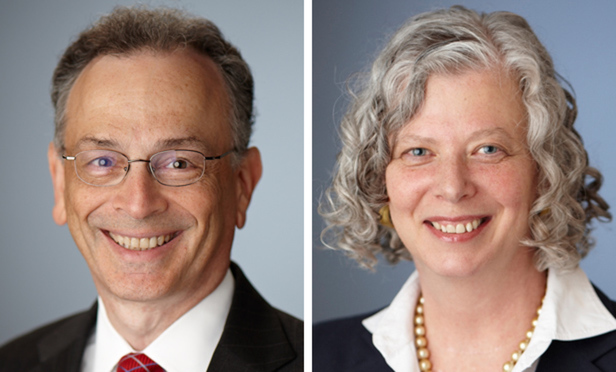Almost 25 years after the Supreme Court’s decision in Daubert v. Merrill Dow Pharmaceuticals,1 recent cases in the Southern District of New York continue to demonstrate the wide latitude that the Daubert standard affords to judges ruling on the admissibility of expert testimony, even on subjects previously accepted as valid grounds for expert opinion. We discuss below several decisions from the past year that have applied Daubert in circumstances both novel and familiar to varying results.
‘Daubert’ in Historical Context
For the better part of the 20th century, whether expert testimony could be offered on a particular subject turned on whether the expertise in question enjoyed “general acceptance in the particular field in which it belongs.”2 Federal Rule of Evidence 702 offered some additional guidance requiring that the putative expert’s “scientific, technical, or other specialized knowledge [must] help the trier of fact to understand the evidence or to determine a fact in issue,” and must be “based on sufficient facts or data” and “the product of reliable principles and methods … . reliably applied” to the facts of the case.
This content has been archived. It is available through our partners, LexisNexis® and Bloomberg Law.
To view this content, please continue to their sites.
Not a Lexis Subscriber?
Subscribe Now
Not a Bloomberg Law Subscriber?
Subscribe Now
LexisNexis® and Bloomberg Law are third party online distributors of the broad collection of current and archived versions of ALM's legal news publications. LexisNexis® and Bloomberg Law customers are able to access and use ALM's content, including content from the National Law Journal, The American Lawyer, Legaltech News, The New York Law Journal, and Corporate Counsel, as well as other sources of legal information.
For questions call 1-877-256-2472 or contact us at [email protected]



